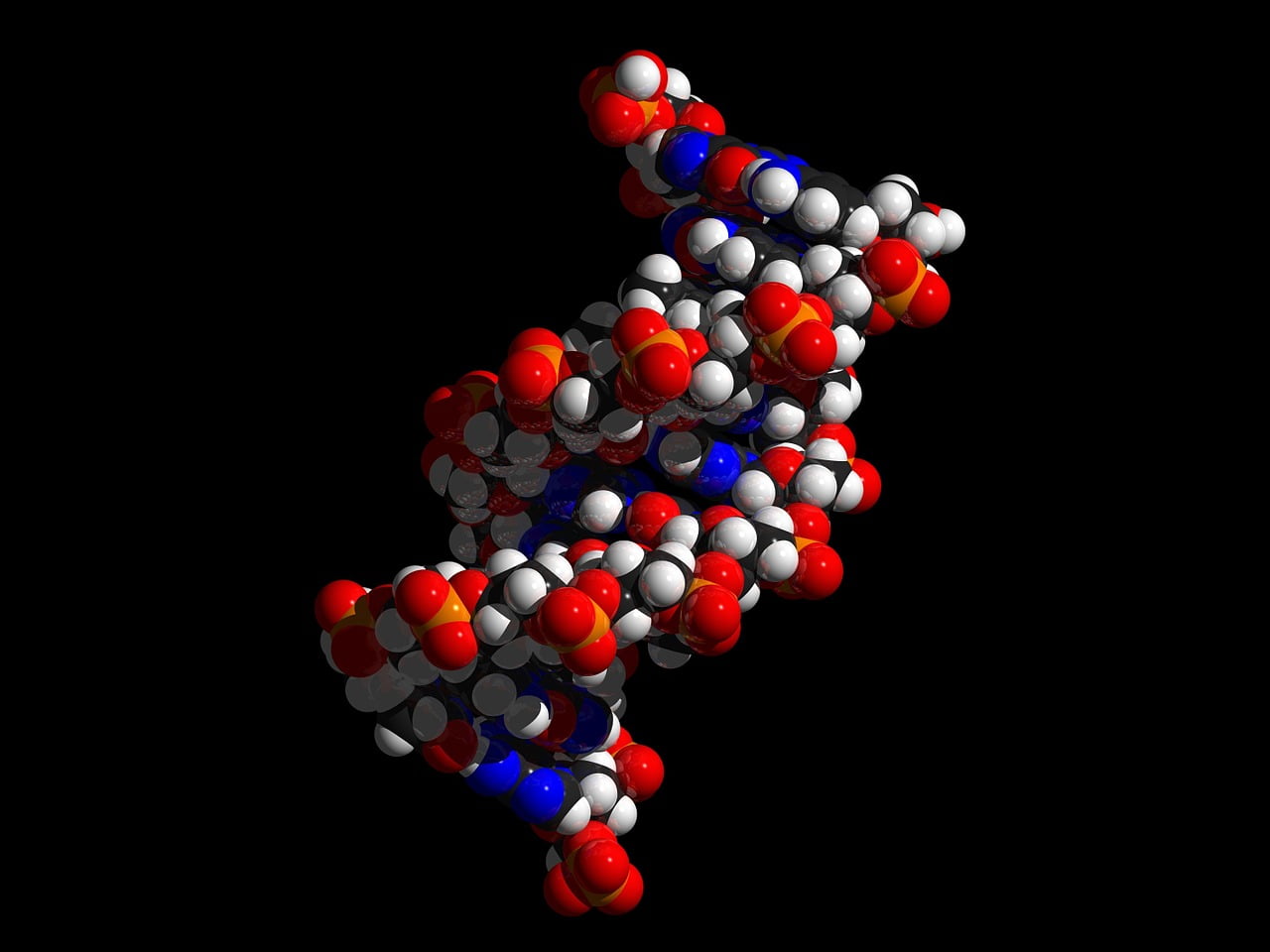Israeli scientists recently announced that they have discovered a breakthrough method to identify critical molecular biomarkers of preeclampsia, a pregnancy complication that can interfere with blood flow to the placenta and possibly to the fetus, leading to low birth weight, prematurity, and sometimes even death. The disorder, which usually begins after 20 weeks of gestation, affects between 2 and 8 percent of all pregnancies and is one of the three leading causes of maternal morbidity and mortality worldwide, according to the National Center for Biotechnology Information (NCBI).
Professor Noam Shomron from Tel Aviv University’s Sackler School of Medicine, who along with Prof. Moshe Hod led the research, said in a statement that preeclampsia “is a serious disease that endangers the health, sometimes even the lives, of the mother and the fetus. We don’t know what causes it, but preeclampsia, if caught in time, has a simple and proven remedy: low doses of aspirin administered from the 16th week until the end of pregnancy.”
Dr. Shomron explained that where doctors have so far tried to determine risk of preeclampsia by referring to blood pressure levels, amount of protein in urine, and other general symptoms including low platelet count and kidney problems, “we sought a definitive biomarker that appears in a patient’s blood as early as the first trimester, before any symptoms appear.”
SEE ALSO: Pregnant and Exhausted? Don’t Ignore The Symptoms. You Could Have Gestational Sleep Apnea
The scientists, including PhD student Liron Yoffe who conducted the research, and Professor Kypros Nicolaides of King’s College London, say their research can help create a simple diagnostic blood test that can predict preeclampsia in the first 12 weeks of pregnancy and allow doctors to provide treatment to prevent the disease.
“We translated a disease that occurs in pregnant women around the world. We were able to identify 25 molecular biomarkers in early-stage pregnant women (at 10 to 12 weeks) that could potentially eliminate the onset of preeclampsia or at least detect it,” Dr. Shomron tells NoCamels, “The idea is that most of the diagnosis will be carried out in the first trimester. At this point, there are preventative methods or even a possible solution,” he says.

High blood pressure and protein in the urine in the third trimester of pregnancy are indicators of preeclampsia. Photo via frolicsomepl, Pixabay
What is the future of early preeclampsia detection?
Over the course of six years, the researchers collected the blood samples of close to 10,000 pregnant women in their first trimester in the UK, Shomron said. At the time, whether or not these women did or did not have preeclampsia had yet to be determined. The scientists extracted small, non-coding RNA molecules (bits of molecular information present in human cells) and discovered the new biomarkers by analyzing the data using computational methods that included statistical analyses and machine learning algorithms, according to a Tel Avin University statement.
After examining all blood samples, the team narrowed their focus to 35 blood samples from women who eventually contracted preeclampsia and 40 blood samples from women in good health who became part of the control group. The team then identified the specific RNA molecules that were distinctively expressed in both groups.
“Only after we identified preeclampsia at the end of [certain pregnancies] did we go back to test those specific blood samples,” said Dr. Shomron.
Sign up for our free weekly newsletter
SubscribeYofee said that based on the RNA molecules, the scientists “then developed a model for the classification of preeclampsia samples,” Yoffe said.
The findings were published in medical journal Scientific Reports.
Shomron said samples are now being collected from women in other countries, including Spain, Italy, Russia, and Israel, to be able to apply the findings to patients around the world.
“We’re also trying to understand if any of these molecules have a relationship to other diseases,” Shomron adds, noting that the team is beginning to identify early biomarkers of other pregnancy-related diseases, like gestational diabetes.
Prof. Hod said the new research follows a global trend, which “seeks to establish pregnancy tests in the first trimester, as opposed to today, when most tests are performed in the third trimester.”
SEE ALSO: Study: 1 in 4 Women Traumatized By Birth
As the President of the European Association of Perinatal Medicine and Chairman of The International Federation of Obstetrics and Gynecology (FIGO) dealing with maternal and offspring health, Hod is leading a global effort to develop new techniques to improve the prediction and prevention of pregnancy complications like hypertension and preterm birth.
Hod, a professor of obstetrics and gynecology, is also the head of the maternal-fetal medicine division at the Rabin Medical Center-Beilinson Campus in Petah Tikva, where a full-time clinic has been established for the purpose of detecting markers and associating them to diseases that can be identified and prevented early on in pregnancy.
“Early testing or prediction will allow doctors to safeguard the health of mother and fetus alike. It will also facilitate, if necessary, early preventive interventions to improve maternal and offspring’s outcome,” said Prof. Hod.
Related posts

Editors’ & Readers’ Choice: 10 Favorite NoCamels Articles

Forward Facing: What Does The Future Hold For Israeli High-Tech?

Impact Innovation: Israeli Startups That Could Shape Our Future





Facebook comments